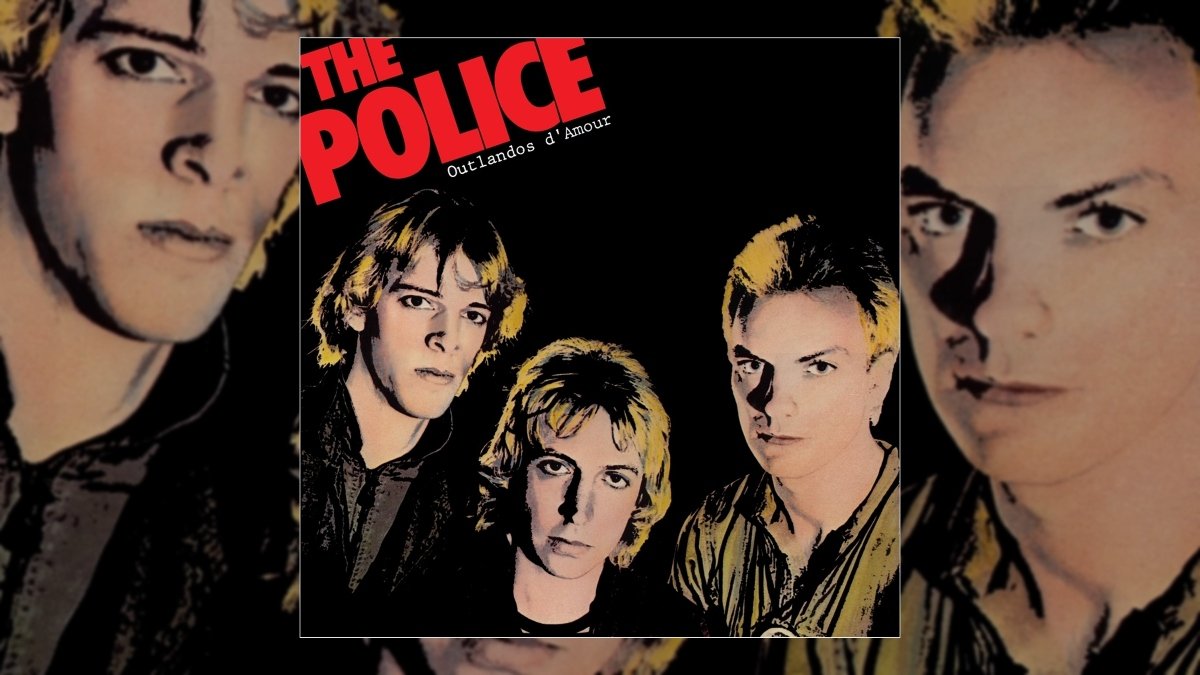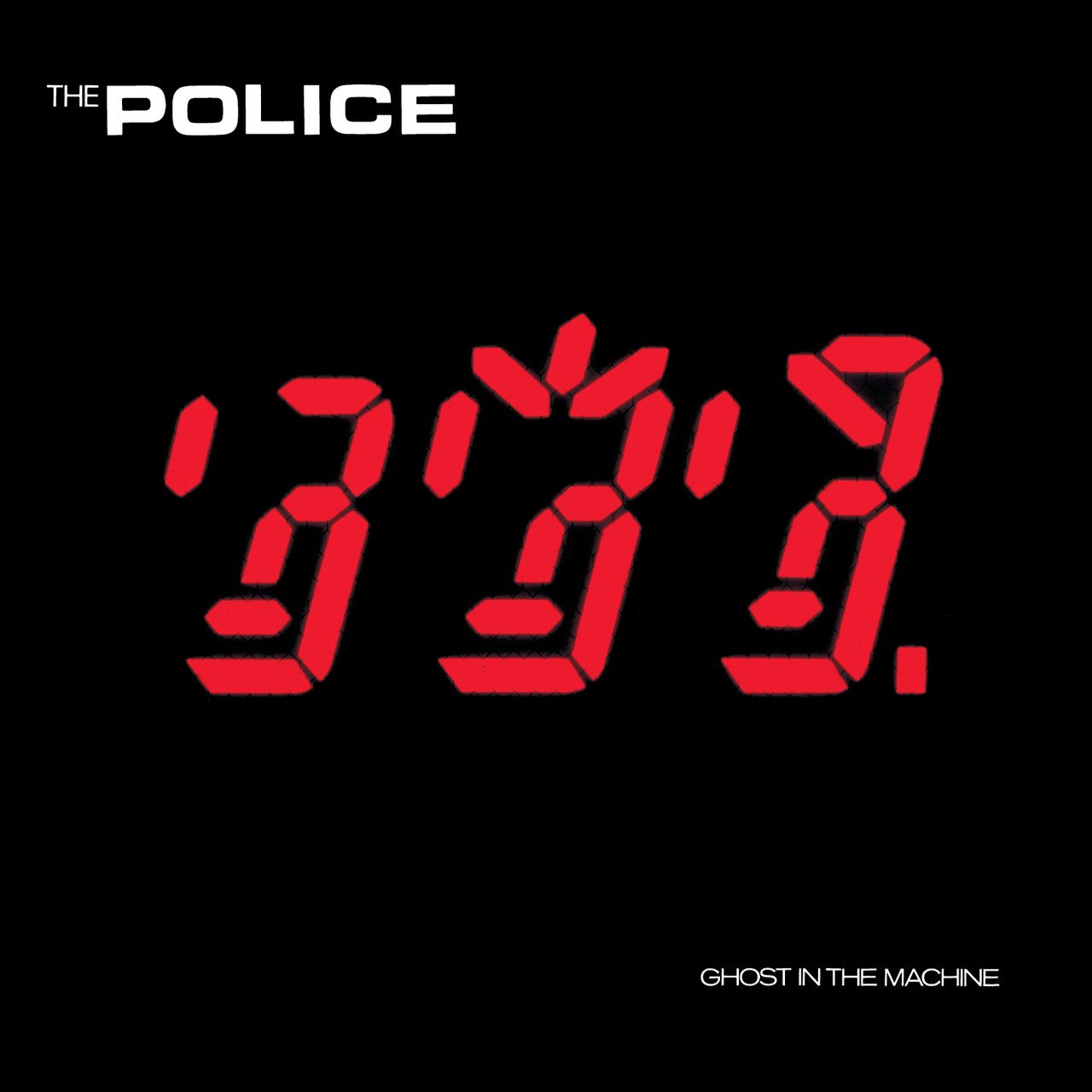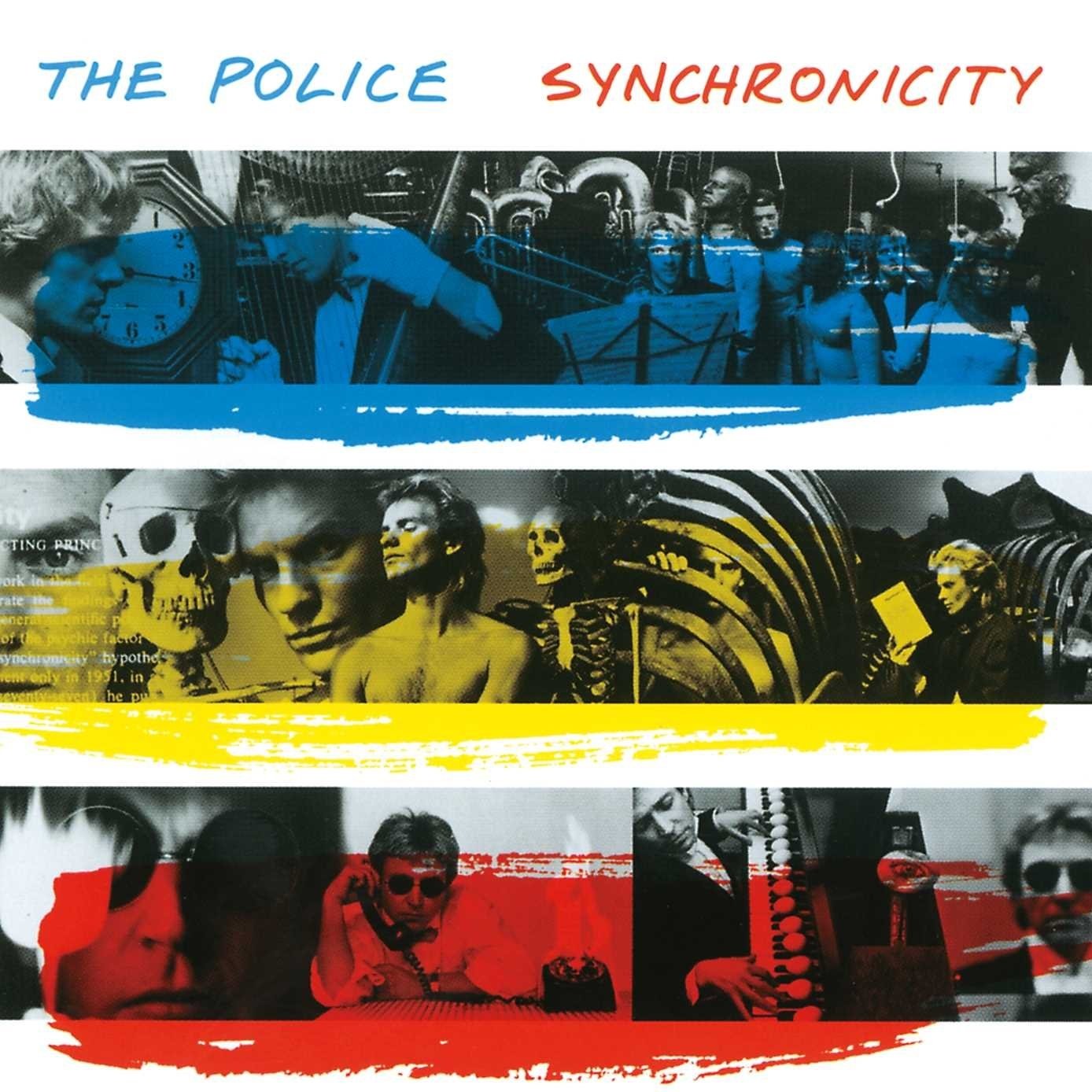Happy 45th Anniversary to The Police’s debut album Outlandos d’Amour, originally released November 2, 1978.
It was the fall of 1978 and I was an eighth grader at St. Joseph’s of Yorkville in Manhattan. There was a significant cultural shift in the universe that my 13-year old brain couldn’t quite grasp at the time. National Lampoon’s Animal House spoke to me and every other teenaged boy in the universe, but musically I wanted something more.
The Cars’ debut album, released earlier in the year gave me a hint of things to come, but I needed something more. The punk thing wasn’t my speed (yet) and I was bored with pop music and R&B/Soul acts experimented with Disco to keep themselves relevant. I needed to hear something different that would make me stand up and say “yeah, more of that please!”
It finally happened one Sunday night. It was midnight on a school night in 1978 and helicopter parenting just wasn’t a thing, so I was awake. I had my ridiculously large headphones on, listening to a syndicated radio show called Powerline on 99X (WXLO). They played this song called “Roxanne” by some band called The Police. It was an “oh shit” moment for me.
Back then, people used to record songs off the radio because there was no telling when you would hear it again. Being the geek that I am, I always left a cassette in my tape recorder just in case I heard a song I liked. I immediately hit the record button once Sting sang the first verse. It dawned on me that this was the band my classmate Joey Giacinto was talking about. About a week earlier at lunchtime, we were talking, and he asked if I had heard of this new band called The Police. I replied “no” and he said, “Check them out. They’re really good. You won’t be sorry.” He was right. After hearing “Roxanne” for the first time, I knew exactly where my allowance money was going in the coming week. I was on a mission.
As if the money was burning a hole in my pocket, I went to King Karol Records and Tapes and picked up Outlandos d’Amour. It may have been the only time in my life to that point that I did no browsing before buying. I went straight to the “P” section to grab my album, which has been that steady dependable friend ever since, seeing me through bad breakups, losing a job or providing a good soundtrack for cleaning my apartment.
Outlandos d’Amour was recorded between January and June of 1978, using funds borrowed from Drummer Stewart Copeland’s brother Miles. At the time, they had no label and no manager, with no foreseeable prospects of either. Occasionally, Miles Copeland would drop in on the sessions and leave disappointed with the results. It was not until he heard “Roxanne” that he was convinced that they had something. He took the song to A&M Records, who released the song as a single shortly thereafter. Even though it did not chart initially, A&M Records signed the band and released the album.
Watch the Official Videos:
The band consisted of Sting (lead vocals, bass guitar), Andy Summers (guitar), and the previously mentioned Stewart Copeland (drummer), who each came from jazz and prog rock roots. These influences were instrumental in creating the band’s sound along with Sting’s unique, and to some, polarizing vocal style. Elvis Costello once said of Sting, “Somebody should clip (him) round the head and tell him to stop singing in that ridiculous Jamaican accent.” Nevertheless, Sting’s delivery set him apart from all other frontmen.
“Next to You,” the opening track, comes bursting out of the gates, led by the manic drumming of Copeland and the slide guitar of Andy Summers. Neither Summers nor Copeland were fond of the song with their preference being something punk, harder and political. In a 2000 interview with Revolver, Sting reveals why they never went in that direction, “The truth is, we liked the energy of punk, but we couldn't really be a part of it. One of our problems was we were quite good at playing our instruments—that was definitely a handicap. You were supposed to have just come off the streets, having never played a bass or sang before.”
“So Lonely” was the band’s first foray into reggae. Sting admitted that he “borrowed” from Bob Marley’s “No Woman, No Cry” as a base for the song. He was pretty much done with the whole pretense of having a more punk sound. It wasn’t going happen. His stance was met with some reticence from his bandmates, but eventually they realized that they were creating something that no one else in the rock world was doing. Over time it would prove to put some distance between the band and their peers.
“Roxanne,” the song that got the band their record deal, is a timeless classic. It’s the song I sang horribly in the shower. From the fall of 1978 until who knows when, everything stopped when I heard it. It was pre-Sony Walkman, so it played in my head as I walked the streets of Manhattan. My declaration that this was one of the best songs ever was confirmed a few years later when Eddie Murphy, as the character Reggie Hammond, sang it in the film 48 Hours. While the vocals and instrumentation are outstanding, there is one moment of imperfection that made it onto the final mix. While recording, Sting went to sit back at a piano, not realizing that the lid was up. Upon hearing the piano, he began to laugh, and it was kept in the song.
The other standouts on the album are “Hole in My Life” and “Can’t Stand Losing You,” the latter being a song about someone committing suicide after a rough breakup. The song was banned by the BBC, not because of the content, but for the controversial 45 sleeve which featured Copeland with a noose around his neck standing on a block of ice. He wanted his “punk” moment and I guess he got it.
Enjoying this article? Click/tap on the album covers to explore more about The Police:
The argument can be made that the other tracks are just mere filler, but I would argue that they are part of a collection that works. Outlandos d’Amour is a ten-track, thirty-eight-minutes and fourteen-second glimpse into what was to become the most popular band in the world. As great as the album is, The Police would only grow and get better with each subsequent release.
Forty-five years later as we celebrate Outlandos d’Amour’s arrival, I think about the lasting effect it’s had on me. The following summer, my classmate Joey who turned me on to the Police, drowned in a tragic accident while on vacation. There’s not a time that I’ve played this album since 1978 that I don’t think of him. He clued me in on The Police before they were even a thing. It was as if I got universal cool points for discovering them before they were to become the world’s biggest band. Thank you, Joey.
LISTEN:
Editor's note: this anniversary tribute was originally published in 2018 and has since been edited for accuracy and timeliness.



